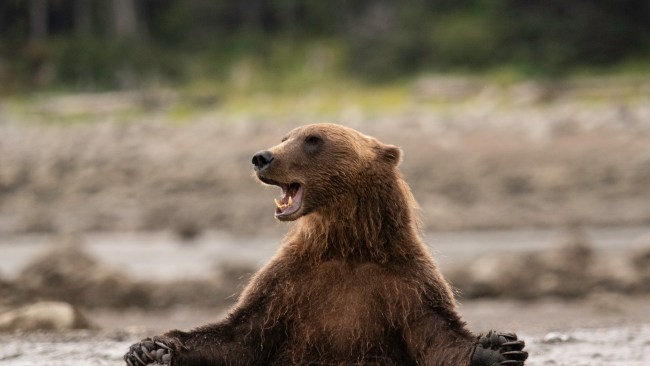‘You’re seen as a monster’: The women being judged for not wanting children
The number of couples without children is predicted to overtake those with children in less than 10 years. Women reveal to us why they have no regrets about not having kids.

Lifestyle
Don't miss out on the headlines from Lifestyle. Followed categories will be added to My News.
Belle Holliday-Williams remembers the day she told her boyfriend she didn’t want to have children.
It was 2010 and they were returning from a friend’s wedding overseas when, having witnessed the rigmarole of traditional nuptials, they decided on the spur of the moment to get married in Las Vegas.
“The day of our marriage I said to Kendall, ‘You know, I don’t want kids’,” she recalls. “We’d discussed it previously, but I knew I needed to be absolutely clear.”
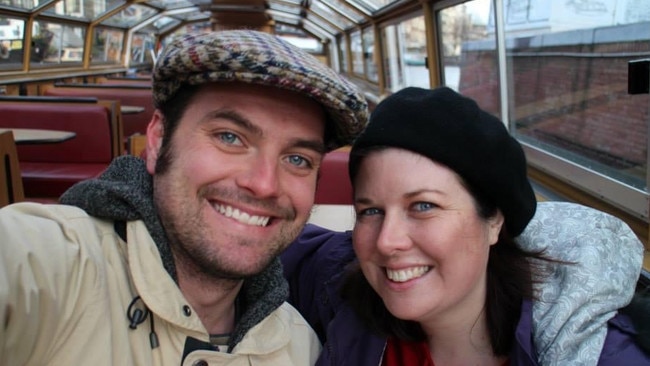
Fortunately, her husband-to-be was on the same page, telling her that if married life was a commitment to more fun and adventures together, he, likewise, didn’t need kids.
But then, three years later, she accidentally fell pregnant. Initially she was annoyed.
“I’d dropped the ball and got lazy with taking the pill but it was just before we were heading off on a trip to Europe so it was inconvenient,” she says.
“But there was a moment where we thought, maybe this is OK, maybe this is what is meant to be, so we went with it.”
As they dealt with the complex and conflicting emotions, what happened next not only gave the couple a unique opportunity to test their decision not to have children but expanded their understanding of how that might feel.
When Belle miscarried a few weeks into the pregnancy her overwhelming feeling was relief. “I thought, this is not how I’m meant to feel. Looking back, I’m glad that happened because it helped me realise that our decision (not to have children) was the right thing. It’s not that we don’t want to do it because children are horrible, it’s just we see it’s so much work.”
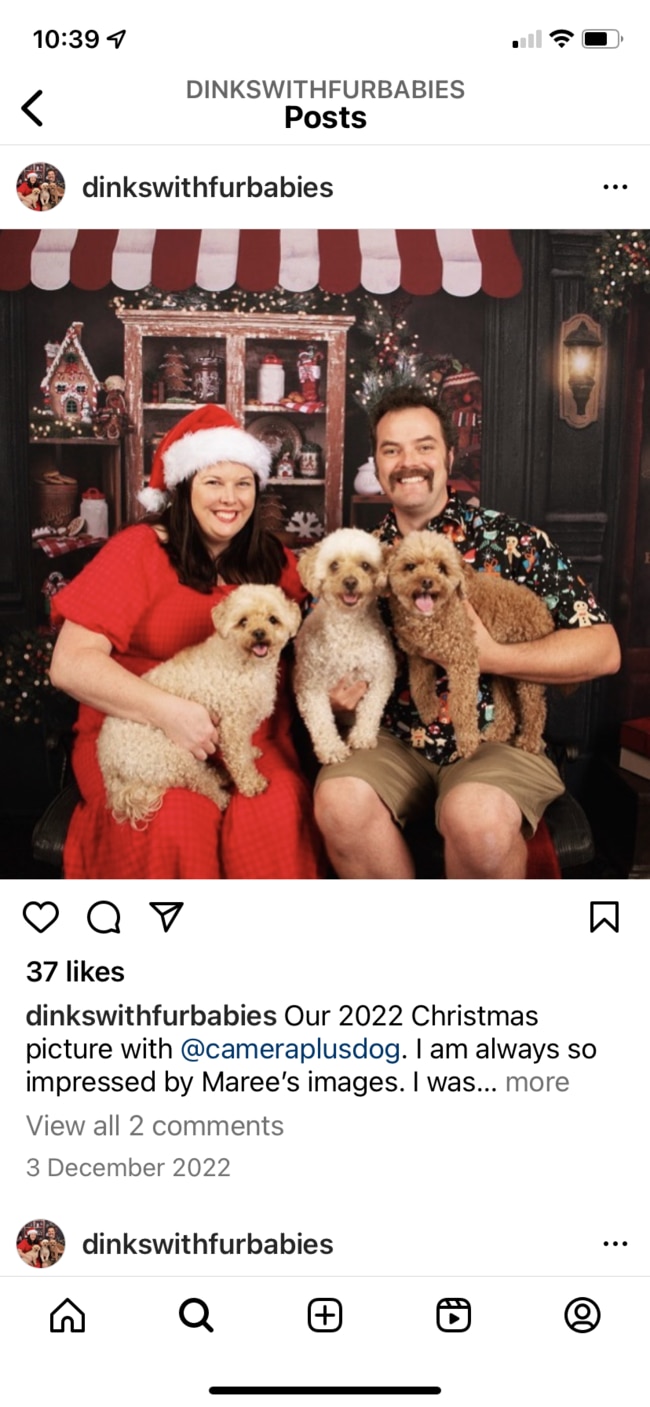
A decade on as they contemplate – and laugh – at the idea that they could be parents to a nine year old, the couple are at the vanguard of a changing demographic. Whereas childfree women – the focus has always been on women – have long been regarded as selfish, freakish, career-obsessed cat ladies, the stigma is finally subsiding. Partly it’s due to numbers. Put simply, fewer women are having children, with the fertility rate tumbling from 2.02 births per woman in 2008 to just 1.7 in 2021. Women are also having children later than ever.
According to the Australian Institute of Health and Welfare, 24 per cent of Australian women will never have children and it’s predicted that the number of couples without children will overtake those with children by 2031.
While a lack of maternal or paternal instinct underpins the decision for many, independence, the opportunity to pursue careers, climate change and overpopulation are increasingly cited as reasons for choosing not to reproduce.
Not only is the distinction between being childless (through circumstance) versus childfree (through choice) better understood, those opting for a life without children are increasingly more confident about publicising their choice.
To counter the surge in mum influencers on social media, US comedian Chelsea Handler recently mocked the “day in the life” videos on TikTok and Instagram by doing a “A Day in the Life of a Childless Woman”. She pointed out she could sleep until midday, wear impractical and stylish shoes and meditate on the plane to Paris “since I have no screaming kids”.
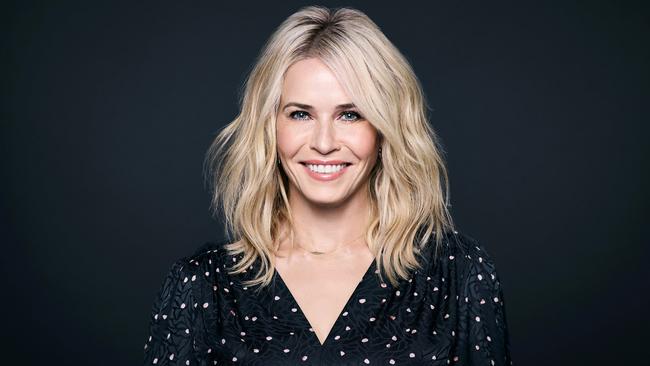
Closer to home, former Miss Universe Australia Maria Thattil, 30, has hit back at those who’ve critiqued her decision to be childfree as selfish and a recipe for loneliness. As she wrote in Stellar late last year, her value “isn’t conditional on birthing someone else” and she questioned the decision of those who chose to have kids so they have someone by their side when they’re old and ailing.
Likewise, singer and radio host Ricki-Lee Coulter, 37, is fed up with having to explain why she doesn’t want kids and, as she recently told me, she awaits the day when mothers must justify their choice to have children in the same way the childfree constantly must defend theirs.
While the childfree are no longer an anomaly and stereotyping is abating, the conflict between opposing groups, coupled with the means to amplify it, seems to be increasing. As more choose not to have children, some resent the impact of infants on their lives, particularly in confined spaces such as planes.
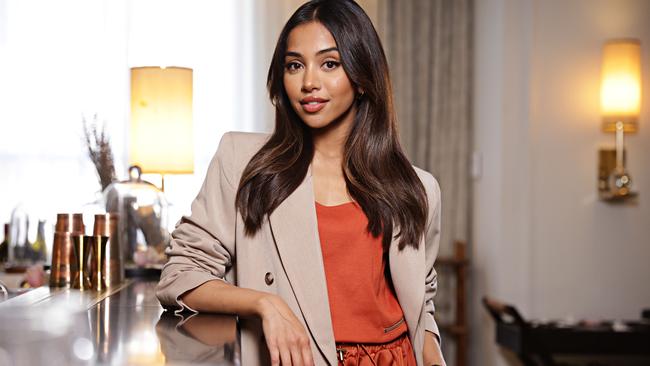
In April, a man on a flight from New York to Florida was caught on video in an expletive-laden tirade because a baby was crying. “I paid for a ticket to have a f--king comfortable flight,” he could be heard yelling. “That child has been crying for 40 minutes!”
Holliday-Williams, a media production teacher in Newcastle, NSW, is one of a growing number of women including Adelaide’s Sharna Bremner, Melbourne’s Jessica Ivers and Brisbane’s Tanya Williams and who are upturning historical notions that a woman’s essential purpose is to be a mother. And while they’re happy with their status, some, like Holliday-Williams, are uncomfortable with the growing polarisation and anger between the childfree and what many in more antagonistic Facebook groups call “breeders”.
“We’ve got to respect each other’s decisions and stop tearing each other down,” she says. “Every time a kid screams in a shopping centre someone posts it saying, ‘I’m so glad I don’t have kids’. Is there any empathy for that mum who does?”
Perhaps for some the frustration at “breeders” is born of years of having to defend their choice not to have children. After all, women particularly have faced curiosity at best and cruelty at worst for their decision to remain childless. Some are told they won’t feel true love, others contend with strangers insisting they’ll change their mind and the gossip often lands at the same question: What’s wrong with them? At times, that criticism comes from their own family and friends.
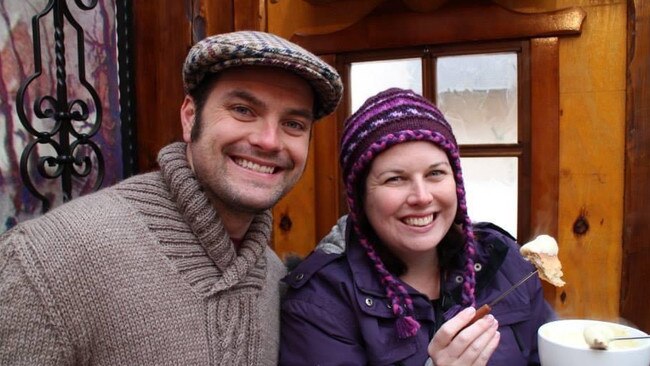
When she was considering her own decision, Holliday-Williams, 41, says she sought out podcasts, documentaries and support groups on the subject but now she steers away from some outlets. “There’s a lot of negativity and bagging out of parents and it seems like those who say people are always at them for being childfree are doing exactly the same thing,” she points out. As a teacher of teenagers she’s anything but “anti-kids”.
As she says, she and husband Kendall Williams, 40, simply wanted to focus on other areas of their lives: “When I thought about having kids it didn’t spark joy yet so much else in my life sparks joy. I really like my quiet time and I love having girlfriends over for Champagne and cheese platters.”
Although the pair have three cavoodles named Holly, Toby and Roxy – who they laughingly admit make it more difficult to leave the house – not having children has allowed them to throw themselves into their careers. Holliday-Williams regularly works in the evening filming school productions and was able to do a Masters degree while working full-time.
“I’ve seen people come back from maternity leave and it looks hard,” she says. “I take my hat off to them because you lose touch if you’re out of the workplace for too long.”
At times, particularly when they were house hunting, she thought about how her husband would make a great dad and worried that she wasn’t giving him that opportunity. But Kendall, a telecommunications engineer, says he’s happy with their decision, particularly after living with a baby when his older sister had a child when he was 15.
“I experienced that father-figure role and I don’t have the impetus to reproduce or carry on my legacy. It’s arrogant to think you must have some sort of stake in the world. I don’t need to have children just to prove something.”
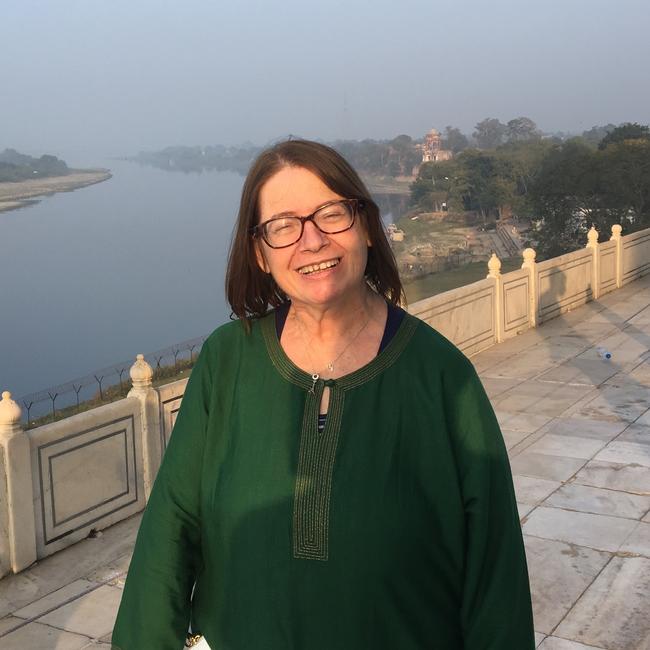
While the Australian Bureau of Statistics doesn’t collect data on whether people are childless through circumstance or choice, families expert Dr Bronwyn Harman, of Edith Cowan University, says anecdotally two-thirds are childfree and one third are childless. She has also broken the childfree into three categories: the “choosers” (those who actively choose not to have children); the “procrastinators” (those who don’t want a child now but might later); and the “non-contemplators” (those who have never considered having children).
She believes the greater acceptance of those who choose not to have children could be the result of a shift in motivation. Whereas in the past, personal freedom and lifestyle governed the decision, now more people are abandoning their desire for a family because of environmental concerns and climate change.
As she says: “The stigma is reversing because one reason is viewed as selfish and the other is viewed as being a responsible adult.” What’s more, she adds, the younger they are making the decision the less likely they are to change their minds.
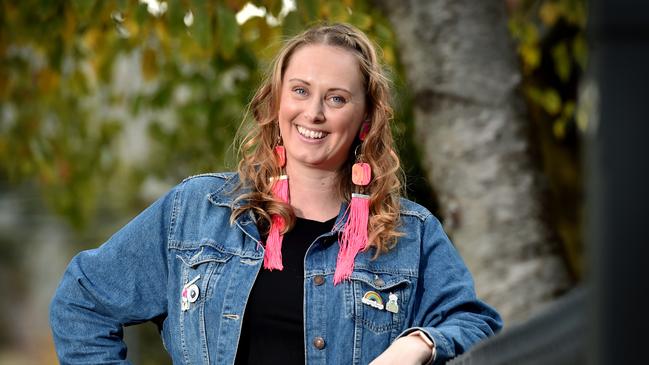
That’s certainly the case for Melbourne yoga teacher and digital communications specialist Jessica Ivers who, at 33, has never considered having children. “I never had any overwhelming maternal instinct,” she says. “I never thought, ‘I can’t wait to grow up and have kids or meet someone to have kids with.’ As I started getting to the reproductive age, I just thought this is not necessarily something I wanted.”
That instinct deepened around 2015 when she became vegetarian and, a year later, vegan. “I started learning more about the environment and my impact. I didn’t think it was a good decision to bring a child into the world I’m not super confident in. I think there’s other things I can do that can leave a better legacy.”
While choosing to be childfree has been a factor in her previous relationships ending, her current partner is completely aligned. As she explains, not long after they started dating, they woke late one morning to the sound of someone mowing their lawn.
When her boyfriend remarked that he didn’t want such suburban rituals to govern his life, she was upfront: “I said that I didn’t want to get up and take kids to sport on a Saturday morning. My parents did that and they probably hated it.”
But if society is changing, popular culture is not necessarily reflecting the new paradigm. Apart from Sex and the City, Ivers says she rarely sees her choice explored in television or movies which, she says, tends to reinforce the notion that a woman’s primary goal is to become a mother. “You always see shows where the woman wants a baby or her boyfriend’s not ready, or she’s got to 30 and becomes absolutely obsessed with having a child. I felt my situation was the reverse of that.”
Ivers is mindful of her friends with children, pointing out that she loves hanging out with them, thinks they’re great parents and regards their kids as adorable. Many, she says, are just as concerned about the environment and she notes that songwriter Missy Higgins wrote a song about the conundrum after having her son. Starting Again questions the sense in bringing a child into the world: “Would you really give birth astride sinking sand?/For the world is a lung we barely breathe through/Why make a new life to pass it on to?”
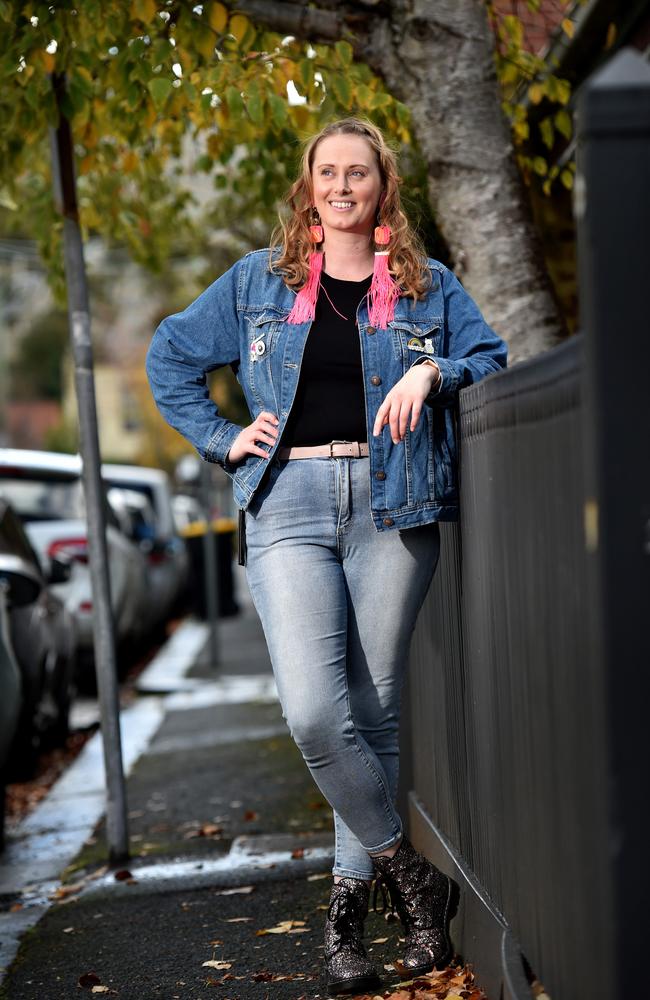
While she’s embraced her childfree lifestyle by joining a choir, swimming and going to back-to-back cultural events, Ivers, who works on digital content for the Melbourne Comedy Festival, wishes she wasn’t constantly challenged.
“If I had a dollar for every time someone said I’ll change my mind I could afford a property,” she says, laughing. She also resents the constant message – less voiced than implied – that she can’t know genuine love unless she has a child.
Indeed, it’s a measure of her compassion and insight that Ivers, whose brothers are also childfree, recently had a thoughtful conversation with her own mum after learning she was catching up with a group of friends, all of whom had grandchildren. “It occurred to me that she would be the only one there who didn’t have grandkids and that she’d feel left out if they all got out their phones to show pictures of their grandchildren.”
As she says, her cats Blue and Pudding are gorgeous – and have their own Instagram page – but they don’t cut it in the grandchild stakes. “She was really good and told me she wasn’t missing out on anything,” says Ivers.
“It counts for a lot being understood and accepted.”
According to Harman, little is known about “grandchildlessness”, but her studies in this area have revealed that many feel a deep sense of loss, particularly because it’s something they have no control over. Some, she said, were disappointed because they’d nurtured their own children’s relationships with their grandparents, others wondered if they’d done something wrong as parents and some described a sense of grief and bereavement. “Some loved parenting so much themselves and wanted to replicate that role with grandchildren while others wanted to be better grandparents than they were parents,” she says.
While those who yearn for a grandchild can sign up to Find a Grandparent, an organisation that matches wannabe grandparents with families who don’t have any, others get their kid fix through volunteering.
For many who choose to be childfree, there’s enormous relief when a sibling produces those longed-for grandchildren.
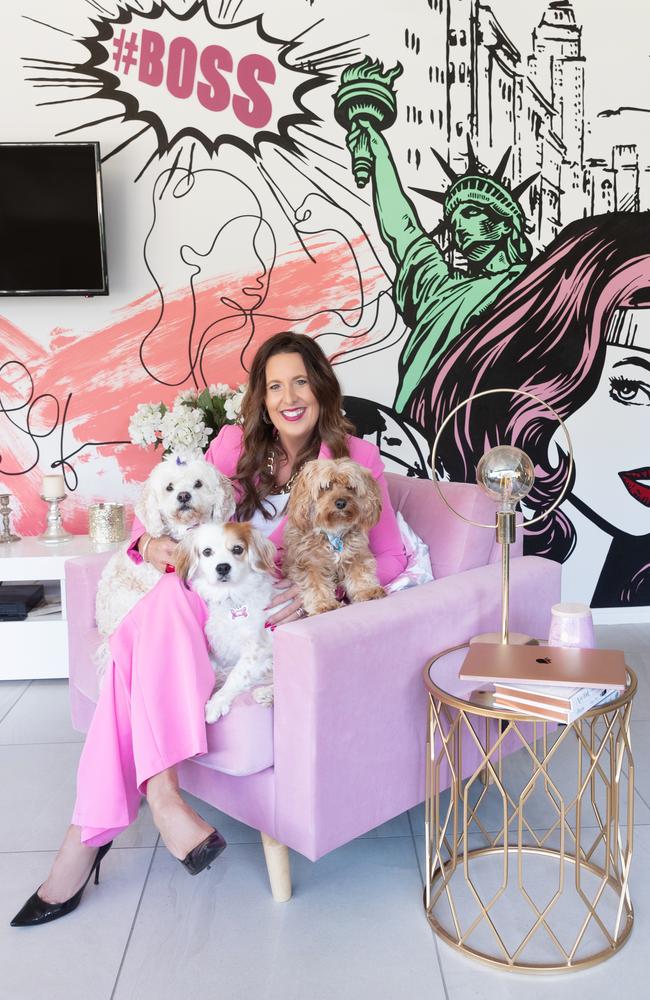
Brisbane’s Tanya Williams, a child-free advocate and author of A Childfree Happily Ever After, says she’s thankful her sister provided their parents with the grandchildren she knew they always wanted.
At 51, the digital marketing specialist and her husband Shayne, 54, have witnessed not just a growing childfree demographic but a shift in how that choice is regarded. “When I was going through it I thought I was the only person in the world who didn’t want to have children,” she says. “Now there’s a whole community of people including Facebook pages and Instagram influencers who want to support you in your journey. A lot of younger people are questioning whether they want to bring more people into the world because of environmental issues. When I went through that decision that wasn’t really on my radar whereas these days it’s so central to the conversation.”
Williams knows many have assumed that she couldn’t have children.
“The reaction to ‘I can’t have kids’ is very different to ‘I don’t want kids’. You get sympathy if you can’t have them, but if you don’t want kids you’re a monster.”
But she has greater concerns, pointing out that while the childfree generally give huge consideration to their decision, mothers often think having a baby is a given. While they spend thousands on university degrees and workshops for their careers, she fears many are failing to educate themselves on the biggest lifestyle decision they will ever make.
“Having a baby seems to happen by default, it’s all mapped out because that’s what society says you have to do,” she says.
“A lot of mums are not doing that much research, they get married and have a baby or their mother says she wants a grandchild and all of a sudden they have a baby, and they’re going: ‘Oh shit, this is hard’.”
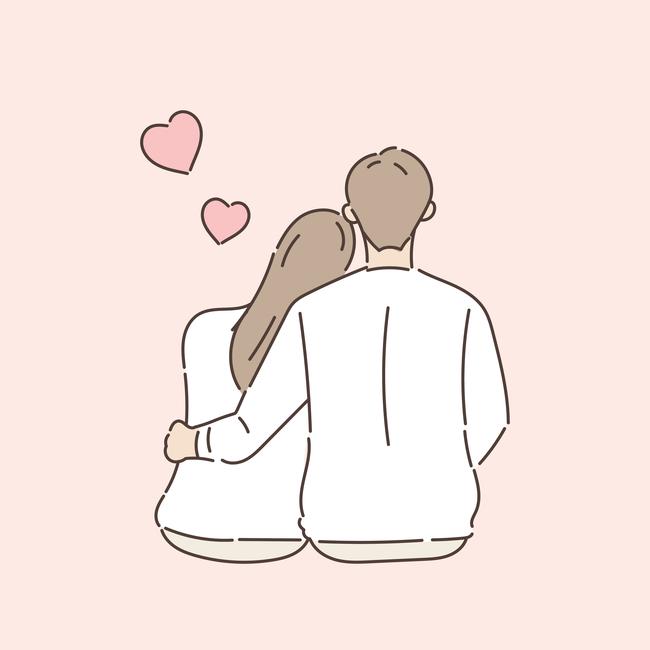
She also believes social media has glamorised the hard graft of parenting. “You just need to be informed. If you want to be a mum that’s fine but know what it entails rather than thinking it’s this Instagrammable fairytale which is what most people show. The reality, as we know, is very different.”
As she surveys the changing domestic landscape, Williams notes that we live in a pronatalist society where everything is geared around having kids but she hopes the government and workplaces will expand the definition of family. She’d also welcome more equality around personal leave.
“I know someone with three kids isn’t having time off, but they have a choice to take time out of the workplace. What if you don’t have kids but want to write a book or train for a marathon or go travelling? We are all making life choices so why is one more acceptable than the other?” It’s 20 years since the infamous Sex and the City episode where Carrie makes a fake gift registry for a pair of shoes after noting that mothers are constantly celebrated but the life choices of single women are largely ignored. While Williams jokes she’d have liked a baby bonus to raise her three dogs, Tia, Latte and Neo, Ivers wishes the shower concept could be expanded. She’d love to see a “business shower” for a friend starting their own business or side-hustle.
While Williams thinks the sisterhood is “bullshit” with women failing to support each other around the motherhood conversation, New York-based journalist Ruby Warrington explores the idea in her new book Women Without Kids: The Revolutionary Rise of an Unsung Sisterhood. Dismissing the binary belief that women are either “sadly childless” or “defiantly childfree” she believes stories are “awash with nuance”. She also coins the term “motherhood spectrum” and raises genuinely helpful questions to help the reader navigate where they might sit on that spectrum.
Warrington, 46, also explores how the childfree create alternative families – what Williams calls her “framily” – and notes that the first generation of women who benefited from the pill and career opportunities are now able to reflect on their choice.
As she writes: “We are witnessing an influx of older, wiser ladies without babies who are not nearly so unfulfilled and regretful in their childlessness as predicted.”
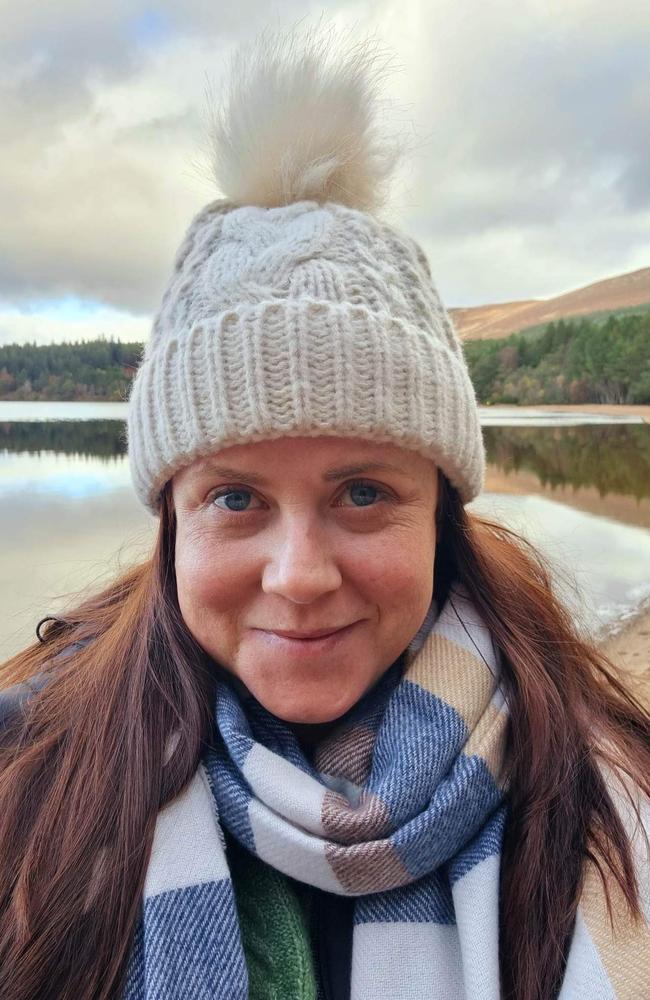
Warrington also raises the controversial topic of women who regret becoming mothers with a recent UK study finding that one in 12 parents have such regrets. Adelaide’s Sharna Bremner, who is currently enjoying a long stint travelling, has discovered the perfect riposte to those who suggest she may regret being childfree.
“People always say you’ll regret your decision but I’m 40 and I haven’t regretted it once,” she says. “I’m a bit of a smart arse so if they do have children, I’ll say: ‘Well, maybe you’ll regret having your children and that’s a bit harder to deal with.’”
Bremner, who works in international education, fits into Harman’s “non-contemplator” category, pointing out that being childfree “wasn’t really a choice, it’s just who I was”. And while she doesn’t think being “selfish” is a bad thing she gets annoyed by the cohort who presume they’re busier and more tired than her.
“One thing that pisses me off is the idea that you couldn’t possibly know what tiredness is if you don’t have children as if children are the only ones who need caring for,” she says, noting that she has a close relationship with friends’ children and her nephews aged 13 and 19. The elder one regularly stays with her when he wants a break from campus life.
Bremner, who last year opted to work in London at short notice, says while the state of the planet is clearly impacting the choice to parent, cost is also a factor. “Children are phenomenally expensive from the day they are born until the day they’ve moved out. Actually, my sister’s son has moved out and he still costs her!” Mostly, she’s grateful that the narrative is changing.
“It’s a choice that’s painted as positive, not something defective.”
And as for the critics who fear she’ll grow into a lonely old woman without children to look after her, she laughs out loud: “My first ever job aged 14 was in a nursing home and let me tell you there are a lot of people in nursing homes whose children don’t visit them.”
More Coverage
Originally published as ‘You’re seen as a monster’: The women being judged for not wanting children




